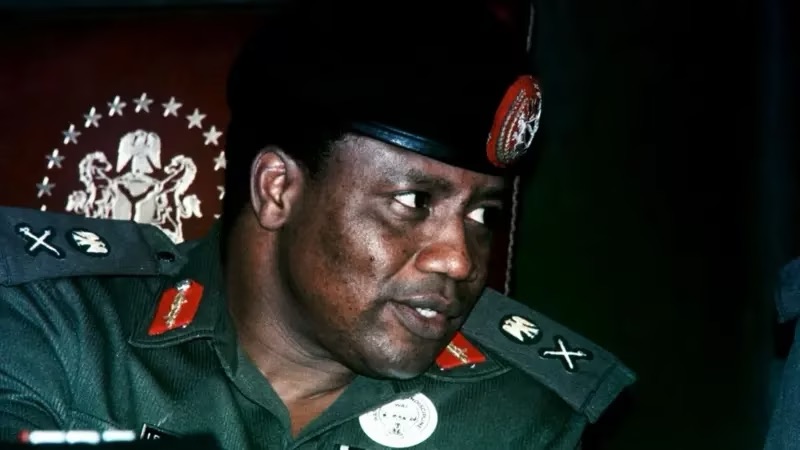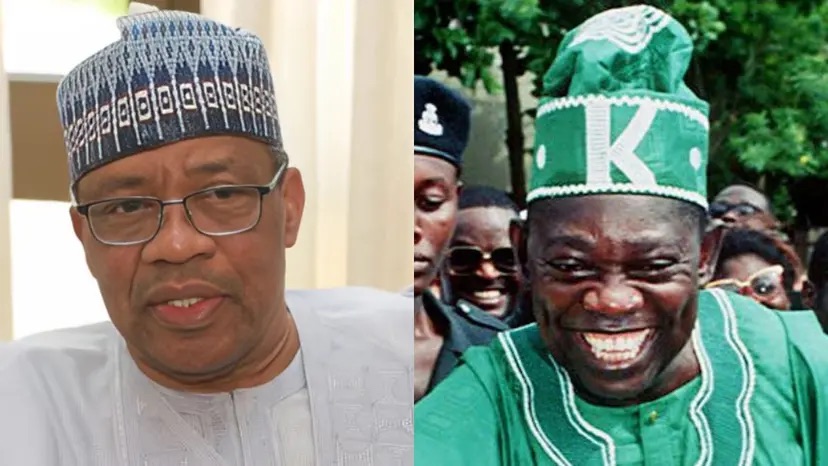Former military president, General Ibrahim Babangida, has publicly acknowledged that MKO Abiola won the June 12, 1993 presidential election. This admission comes 32 years after the election was annulled, an action that led to national protests and political instability. Babangida described the election as “credible, free, and fair” and expressed regret over his administration’s inability to complete the democratic transition.

Speaking in an interview, Babangida admitted that his decision to annul the election was influenced by pressure from military and political elites who feared losing power. He acknowledged that history has not been kind to the decision and that the annulment remains a major stain on his legacy. Babangida’s statement is a significant shift from his previous justifications for the annulment.
President Bola Tinubu commended Babangida for finally admitting the truth, describing it as an “act of courage and patriotism.” Tinubu emphasized that recognizing Abiola’s victory is crucial for national healing and reaffirmed his commitment to democracy. The federal government had previously honored Abiola by declaring June 12 as Nigeria’s Democracy Day in 2018.
Reacting to Babangida’s statement, Abdulmumuni Abiola, son of the late MKO Abiola, welcomed the admission, calling it “healing for the nation.” He stated that it validates what Nigerians had always known—that his father was the rightful winner of the election. Pro-democracy activists also see Babangida’s remarks as a step toward historical justice, though they insist that full accountability is still needed.
The June 12 election remains a defining moment in Nigeria’s democratic history. Babangida’s acknowledgment of Abiola’s victory reinforces the lessons of that period and serves as a reminder of the importance of free and fair elections. While the scars of the annulment remain, this admission could mark a turning point in Nigeria’s ongoing struggle for democratic accountability.





